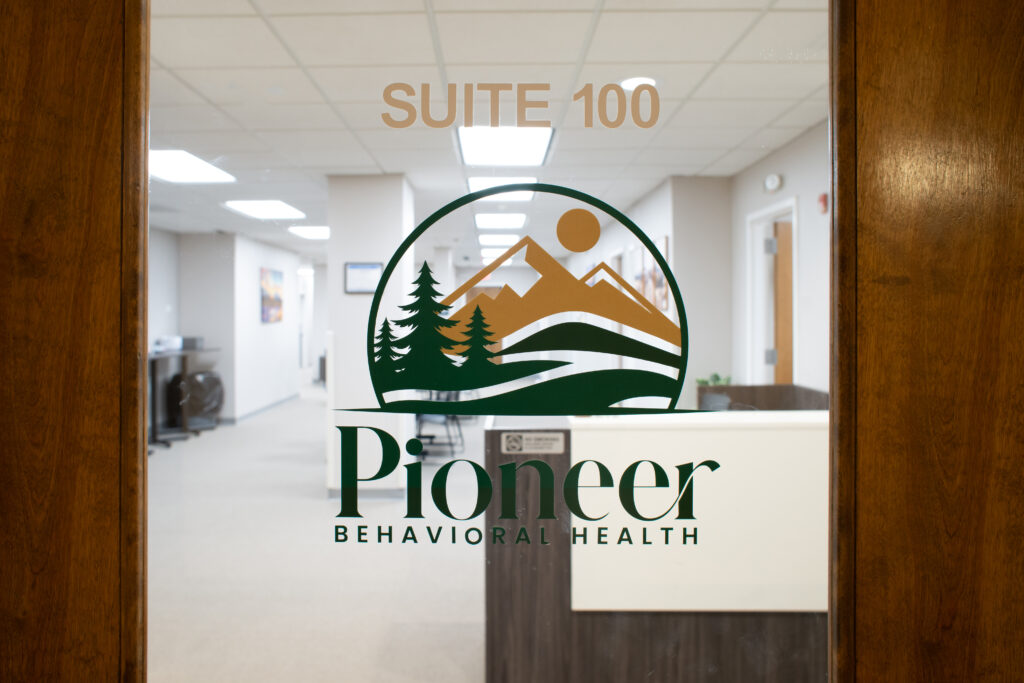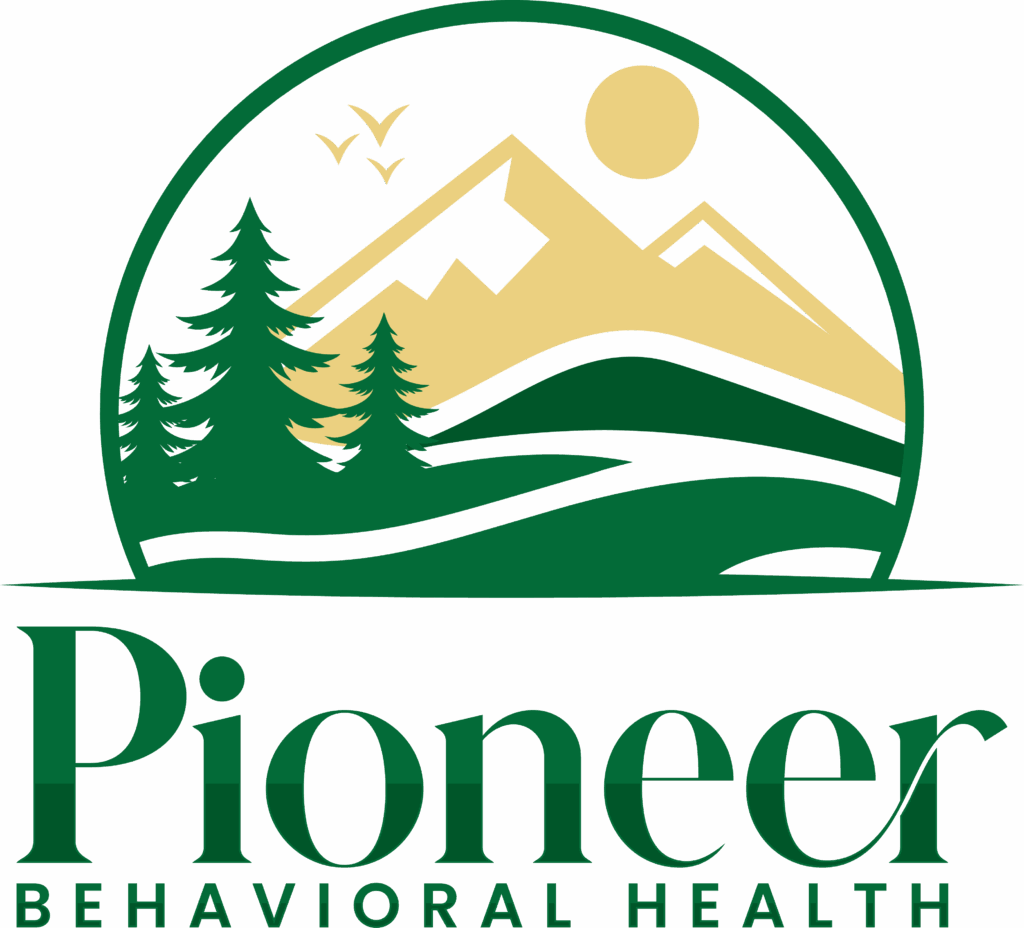Relapse is a challenging but common part of the journey toward recovery from drug addiction. Recognizing the early warning signs can play a vital role in preventing a complete return to substance use. If someone you care about is in recovery, paying attention to even small changes in their behavior can help you intervene before things escalate. Being aware of the emotional, psychological, behavioral, and physical signs of relapse empowers you to offer meaningful and timely support.
Key Indicators of Relapse

Emotional Signs
Relapse doesn’t begin with drug use—it often starts with emotional turmoil. This stage, known as emotional relapse, is marked by inner conflict and unresolved feelings. Mood swings are typically an early indication. The person may become more irritable, anxious, or depressed, and may react strongly to everyday challenges or criticism.
Social withdrawal is another early red flag. Someone in emotional relapse might begin to isolate from family, friends, or support networks, and skip therapy or recovery meetings. Ignoring calls, being dishonest about activities, or displaying low self-worth and hopelessness can also signal emotional distress.
Mental Red Flags
As emotional struggles build, mental relapse can set in. This phase often involves fantasizing about substance use or romanticizing past experiences with drugs—remembering only the highs and forgetting the harm.
Bargaining is a major warning sign during this stage. Thoughts like “I can handle just one drink” or “I’m fine now” reflect rationalizations that can lead to relapse. Reconnecting with former drug-using friends, revisiting risky environments, or minimizing recovery efforts also suggest rising vulnerability.
Persistent thoughts about substances—spoken or kept secret—can signal internal conflict. If someone seems distracted, preoccupied, or unusually secretive, they may be mentally battling urges to use again.
Behavioral Shifts
Behavioral relapse involves taking actions that pave the way for drug use. These might include skipping therapy, neglecting recovery meetings, or avoiding everyday responsibilities.
A pattern of secrecy often emerges—locked doors, vague whereabouts, or dishonesty about daily routines. Financial irregularities like unexplained money issues, missing valuables, or requests for cash can also be clues.
Physical health may decline as well. Poor hygiene, visible weight changes, and constant fatigue can suggest a return to unhealthy habits and priorities.
Physical Evidence of Relapse
Changes in physical appearance can offer some of the most visible signs of relapse. Sudden weight fluctuations, bloodshot eyes, trembling hands, nosebleeds, or bruises without explanation should raise concern.
Neglect of personal grooming—such as wearing unwashed clothes or ignoring hygiene—is also common. You might notice the smell of alcohol or smoke on their clothes or breath.
Frequent illness, digestive trouble, or complaints about persistent pain may also be linked to resumed substance use.
Relationship Warning Signs
Relapse often disrupts personal relationships. Escalating arguments, defensiveness, or overblown emotional reactions may be warning signs.
The individual might begin reconnecting with old contacts who use substances, while pulling away from supportive, sober friends or mentors. A retreat from positive influences should be taken seriously.
Avoidance of communication—especially around recovery topics—is another sign that something may be wrong.
Denial and Justification
Denial plays a powerful role in relapse. Someone heading down this path may not acknowledge their struggles. They might dismiss concerns or justify troubling behaviors with statements like, “I’m just overwhelmed,” or “I don’t need help anymore.”
Even if these comments seem harmless, they may mask deeper internal struggles. If your instincts tell you something is off, trust them.
Situations That Raise the Risk of Relapse
Certain events and transitions can heighten relapse risk. Loss of a job, relationship issues, or grief from the death of a loved one can all cause emotional distress that may drive someone back to substances.
Even positive changes—like starting a new relationship or getting a promotion—can bring stress and emotional pressure. Holidays or celebrations involving alcohol or drugs also pose challenges. Recognizing these potential triggers can help you provide support before relapse occurs.
The Value of Structure in Recovery
Consistency and routine are vital to maintaining sobriety. Disruptions to daily structure—like irregular sleep, missed meals, or failing to meet responsibilities—can be early signs of trouble.
Stable routines create a foundation for recovery. When that structure starts to unravel, it may be time to step in and offer support. Encouraging accountability and continued engagement in recovery practices can make a big difference.
Taking Action When You See the Signs
If you believe someone you care about is relapsing, approach them gently and without judgment. Avoid accusing or guilt-driven language. Instead, use supportive “I” statements such as, “I’ve noticed some changes and I’m worried about you.”
Encourage them to reconnect with their recovery support system—whether that’s a sponsor, therapist, or group like Alcoholics Anonymous (AA) or Narcotics Anonymous (NA). Offer assistance in accessing professional treatment if needed.
Remember to care for yourself, too. Setting boundaries is essential. While you can support someone through relapse, you cannot control their decisions. Relapse isn’t failure—it’s part of the complex path to long-term healing.
Drug Addiction Treatment and Relapse Prevention Support in Longmeadow, MA

If you or someone close to you is battling addiction, Pioneer Behavioral Health offers compassionate, effective support.
Reach out to us anytime at (888) 617-3070 or info@pioneerbh.com. You’re also welcome to visit us in person, 24/7, at 175 Dwight Rd, Longmeadow, MA 01106.
You don’t have to wait—lasting recovery starts with a single step.

